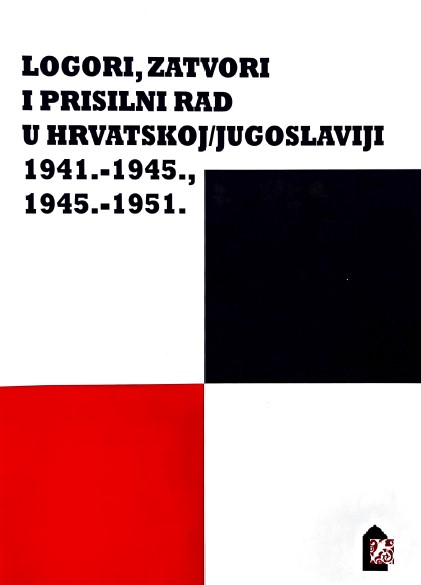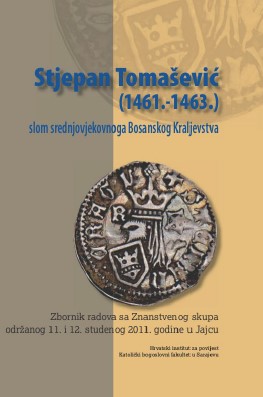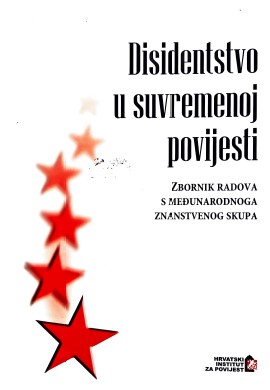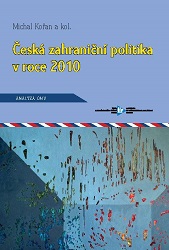
BOSNA I HERCEGOVINA NA PUTU KA NEZAVISNOSTI: PRAVNI IZAZOVI I ISKUŠENJA (1991‒1992)
Ever since Tito’s death in 1980, the socialist Yugoslavia was going through difficult political, economic, and social temptations, involving ample domestic and international actors, along with the accompanying consequences of the era change of on a global level. The Yugoslav state crisis should be observed in a broader context which will provide a more complete answer. The remaining two fundamental pillars of the Yugoslav federation – Yugoslav Communist Party (SKJ) and Yugoslav National Army (JNA) ‒ were undermined in early 90’. The then republics’ elites, guided by partial interests, mutually confronted to one another, were not ready to adequately face the challenges of democratization that captured the Eastern euripi following the fall of the Berlin Wall in 1989. The Yugoslav republics took numerous legal steps towards strengthening their own sovereignty. The crisis culminated in 1991 with the separation of Slovenia and Croatia from Yugoslavia, and the armed conflicts that followed. Confronted with the new legal and political surrounding, Bosnia and Herzegovina also began with the revival of its independence. This path proved to be extremely difficult and challenging, mainly due to the revived great-Serbian and great-Croatian attempts to divide Bosnia and Herzegovina, particularly expressed in 1991 during the negotiations between Slobodan Milošević, president of Serbia, and Franjo Tuđman, president of Croatia. In early days, these plans, with a strong support of regime affiliated media from Belgrade and Zagreb, manifested in form of numerous obstructions in the operation of the highest authorities in Bosnia and Herzegovina, promotion of a thesis that Bosnia and Herzegovina cannot survive as an independent political entity, establishment of illegal Serb communities of municipalities and regions, and then Serb Republic of Bosnia and Herzegovina, and Croat ones in form of regional communities, whereby the most significant one was Herzeg Bosnia. In such complex circumstances, and in line with the recommendations of the Badinter’s Commission, referendum on independence was organized in 1992, when the citizens firmly voted in favor of independent Bosnia and Herzegovina. European Community recognized Bosnia and Herzegovina on 6th of April, while the USA did it on the following day. In conditions of aggression and four year long war destruction, a new chapter in legal and state development of Bosnia and Herzegovina began.
More...







